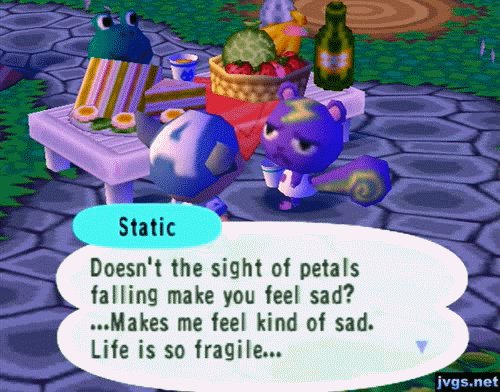Why Animal Crossing e+ on GameCube is the Best
28.07.24
Hey guys! So here's the deal: I've played a lot of the translated version of Animal Crossing e+ for GameCube in recent years, and it really is one of those kinds of classics. This version, released only in Japan, captures the magic that an original installment does better than any of its contemporaries. Let's dive into why this version is the best and how its unique charm got lost in the newer games.
The Allure of Animal Crossing e+
Animal Crossing e+ was all about charm and simplicity. Remember all those lazy afternoons spent by the river, fishing, and looking for rare bugs? The real magic of the game was that it could make a simple activity extraordinary; it was not so much about the completion of goals as it was about living in a world that felt so alive.
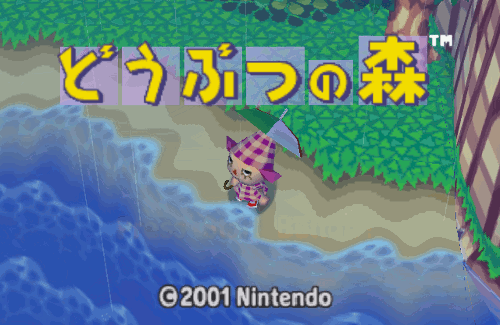
The Unmatched Ethos
What made the whole spirit of Animal Crossing e+ was residing in the genuineness of the interaction and the beauty of everyday life. The villagers seemed like real neighbors and had distinct personalities. Conversations were not simple repetitive lines. Sometimes they could be hilariously quirky, but then you knew you were building friendships and not just a town.
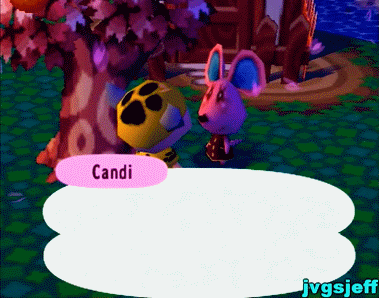
Unique Features of e+ Over the Original
What set Animal Crossing e+ apart from the original Animal Crossing? Here are a few highlights:
- E-Reader Functionality: Utilize e-Reader cards to unlock special items, new villagers, and mini-games. It was a kind of added interactivity or collectability—both fun and engaging.
- Increased Customization: e+ allowed for greater personalization of your character and house, with new furniture and clothing options that made your personal space one of a kind.
- New Villagers and New Dialogues: The game introduced new villagers who are so realistic with their characteristics and dialogues that it seems the village has become even more alive and diverse.
- Improved Graphics and Sound: The graphics and sound were slightly improved, bringing an overall better experience without losing the original flair.
- Exclusive Events: e+ had additional events and holidays that were not a feature of the original, thus bringing on more diversity and reasons to check in, in each subsequent year.
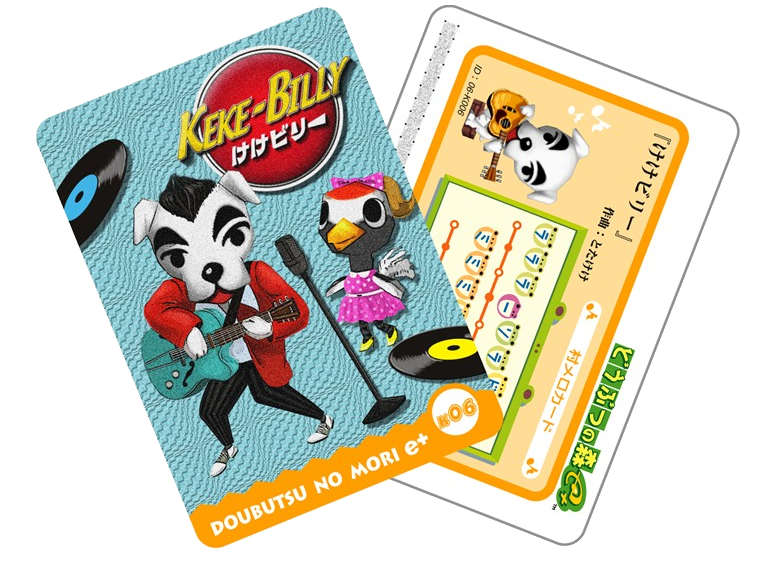
Real-Life Connections
In e+, you could plant a tree and come back days later to see it fully grown—a simple but powerful reminder of the passage of time. A simple hybrid flower on a Saturday night, or a K.K. Slider song, his joy was unsuppressed. Minor, yet important moments added to the deep attachment between you and your town.
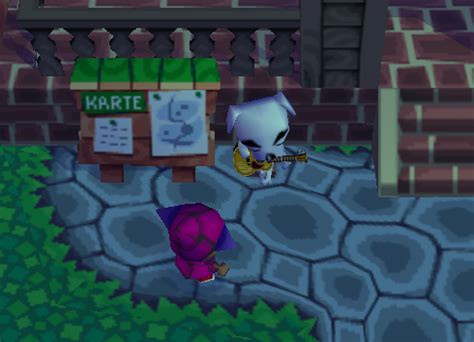
The Newer Entries: A Shift in Focus
Even as we move towards games like Animal Crossing: New Leaf and Animal Crossing: New Horizons, it's pretty obvious that some of the original magic has worn off. These games certainly have better graphics than their predecessors and pack in plenty more features, but in so doing, they've shifted the experience away from true village life and towards a much more organized, goal-oriented kind of gameplay.
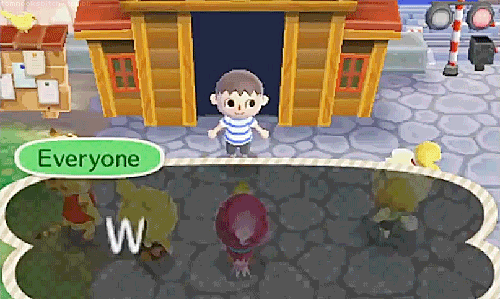
More Structure, Less Freedom
The new mechanics brought into New Leaf, most importantly your being the mayor, introduce a new sense of responsibility that skews the tone of the game. You are now managing projects, keeping villagers happy, and making ordinances—all loose-pieces new on the market. Taking a backseat is this free-spirited type of wandering town life, letting it grow organically.

New Horizons did go one step further with island development. The crafting and terraforming, combined with the pressure of always needing to have an Instagram-worthy layout, just made the game feel like one big, unending to-do list. All of that kicked serendipity and simplicity to the curb to be replaced with a call for unattainable perfection.
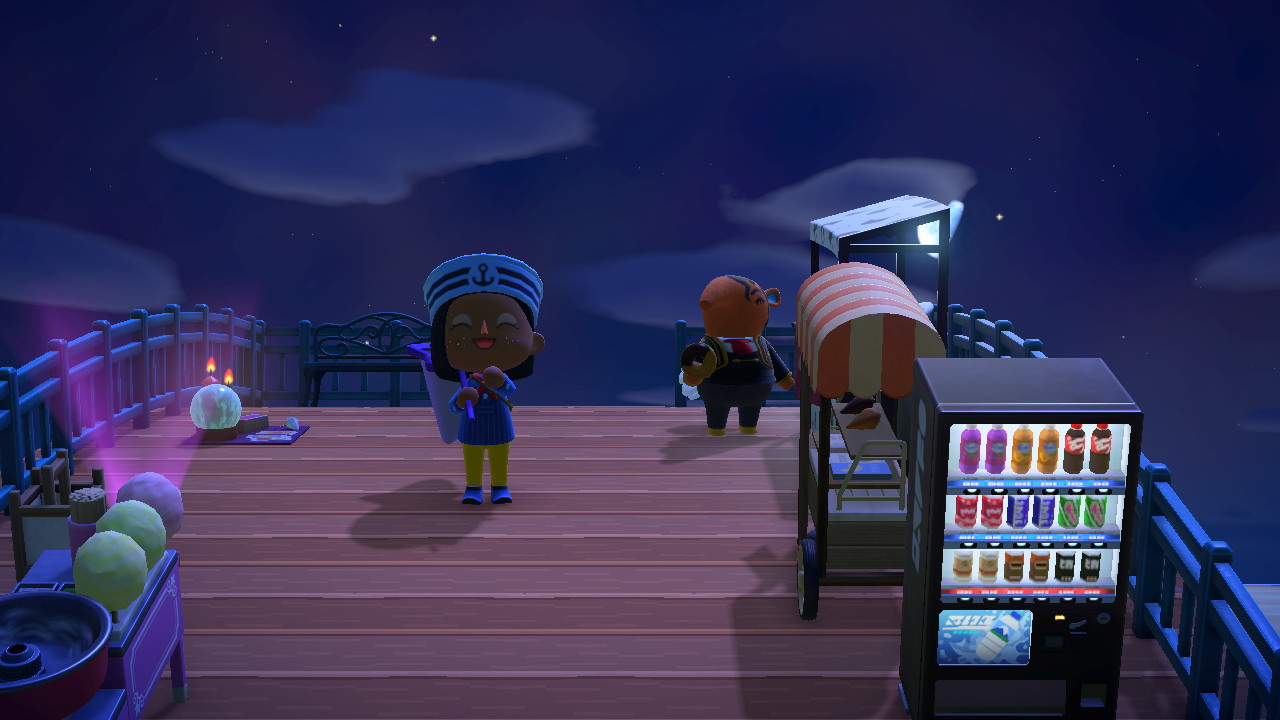
What We Miss
Unstructured whimsey is what seems to be missing from the new games, as great and visually impressive as they are sometimes. In e+, your village really did feel like a second home; with all its quirks and imperfections. The villagers felt deeper, the world that much more lived in.
Conclusion
Now, while the later entries of this series have certainly got a lot going for them, there is something about the sentimental charm and ethos of Animal Crossing e+. It was a game where you could lose yourself in the simplicity of life; every small discovery was like a victory. Here's to hoping future entries find a way to recapture that magic.
